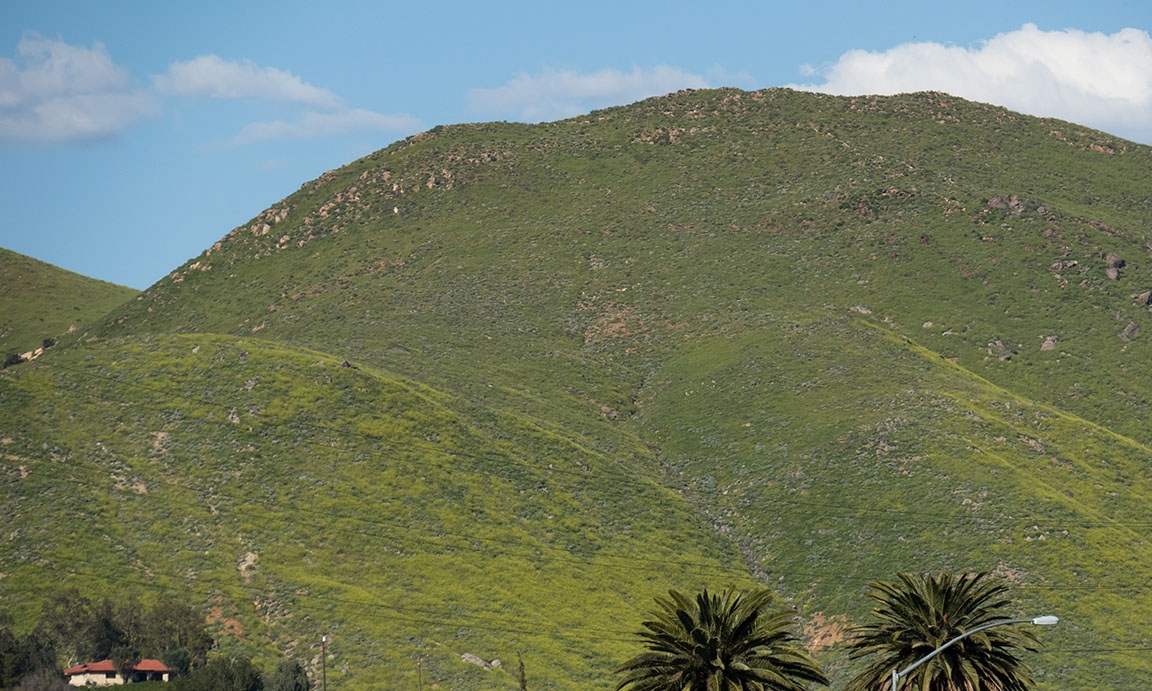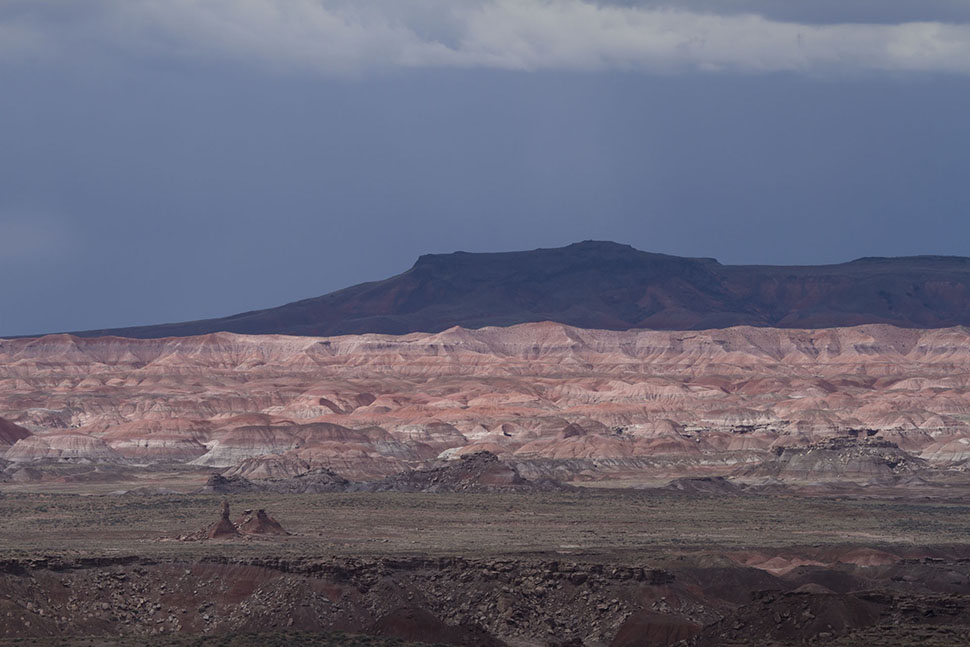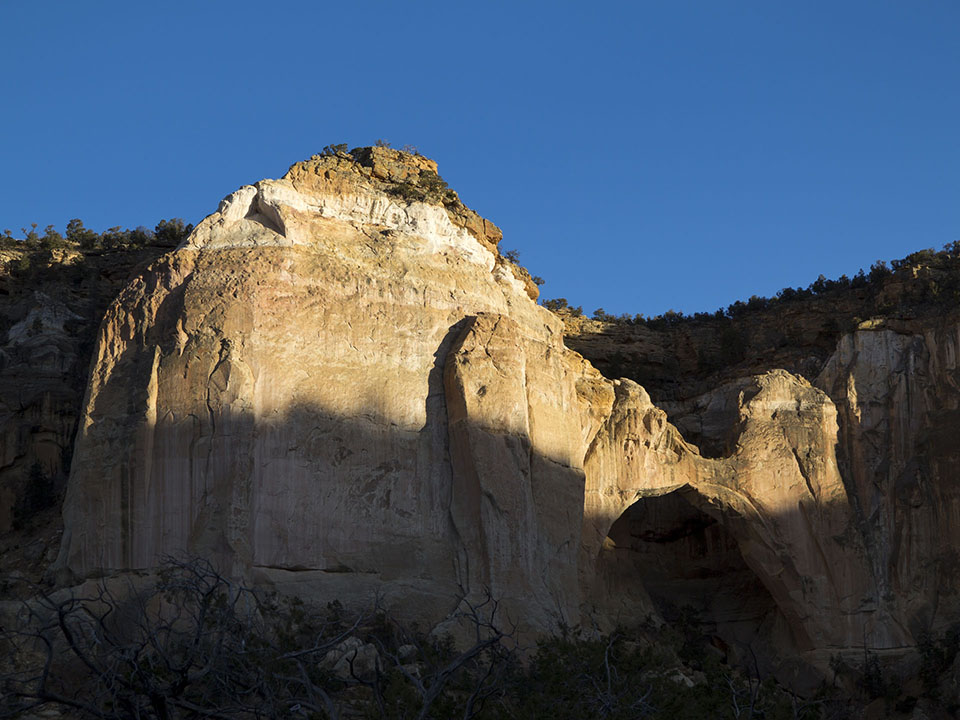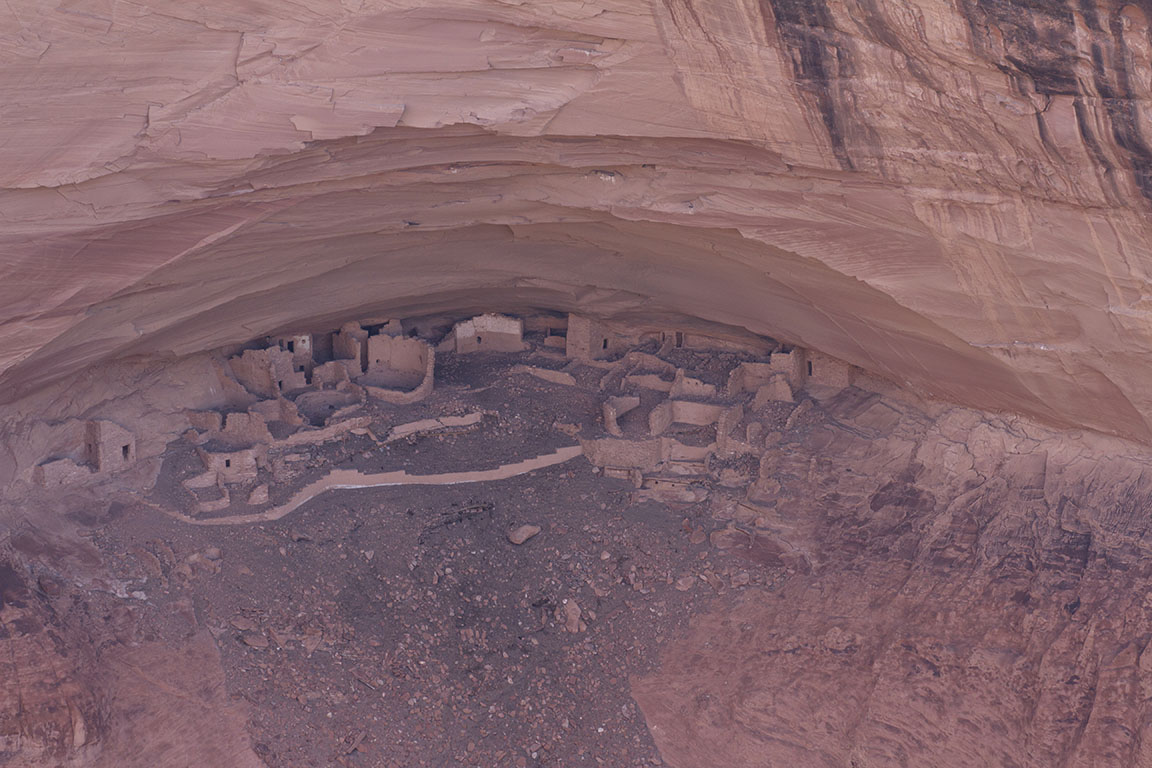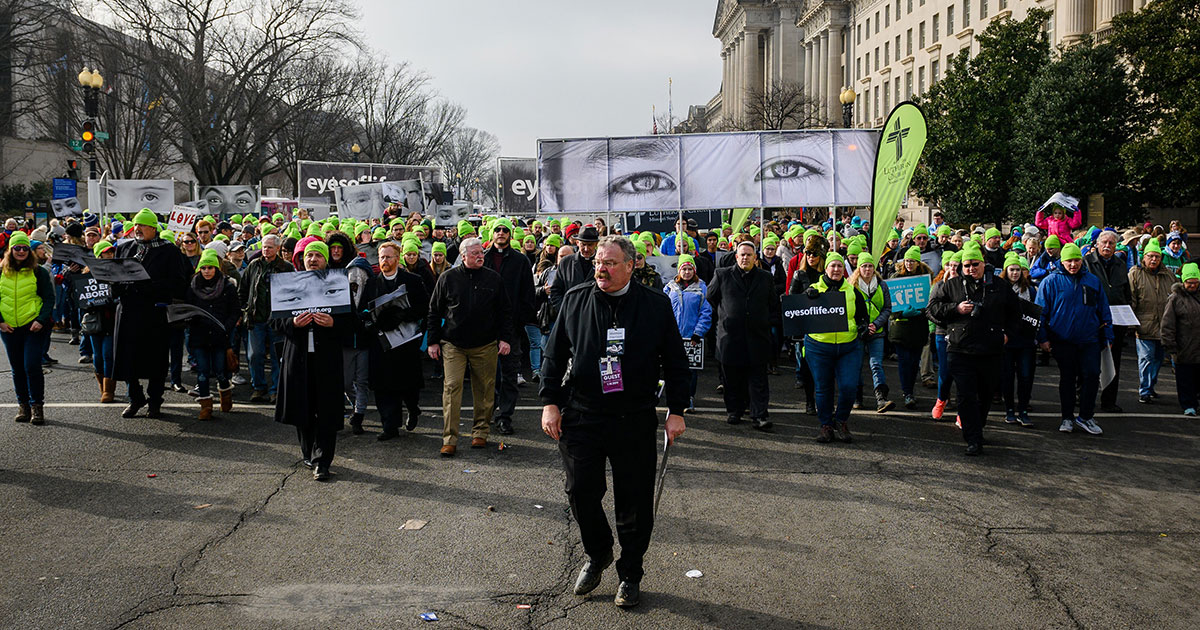Rev’d Mark B. Stirdivant, Good Shepherd Lutheran Church, Yucaipa, California
✝ sdg ✝

Sunflower Bud
There are some outsiders who from time to time look in on all of you gathered here this morning, and all they can say is that you’re just a bunch of sinners. Is that a big surprise? Anyway, if they ever bring this up to me, I think my response to them should be something like this: “I know. They are a terrible bunch. Their sins include the most heinous and disgusting known to man. And their pastor is no better.” Sometimes others might make an accusation like this: “Those people act good on Sunday morning, but they don’t act ‘Christian’ during the rest of the week.” And now we see what people like that really mean and what they really believe. They follow the misconception that Christianity is about good works, about being nice.
Dearly Beloved, as you may already know, Christianity is not centered on good works. To be a Christian is not to be good all the time, to seem nice, or never to sin. After all, Jesus received and ate with sinners. If He was to eat with men, he had no choice. The Pharisees who stood off at a distance and were shocked by the terrible sinners that make up Jesus’ congregation, they were sinners too. It is just that those sick men, in their vanity and to their peril, mistook their illness for health. They thought that they did not need a physician. They thought that they did not need to hear God’s Word. They thought they already knew it. But, they were sinners, too, and they were really on their deathbeds. But there was no rejoicing in heaven over them. Angels do not rejoice over good works. They do not even rejoice over men keeping the Law. What causes angels to rejoice is repentance.
To be a Christian – and not simply to act like one for the sake of reputation – is to be gathered by Our Lord to Himself. It is to bask in His forgiving presence, in His gracious Words and the holy Sacrament. It is to listen as He speaks, and to eat and drink as He gives nourishment and peace in His Body and Blood. It’s all about being undeservedly welcomed back like the younger son, and not to stay defiantly outside like the elder son, trusting in your own works. To be a Christian is not necessarily to be a pillar of the community. For one thing, that may not be your vocation. It is not to have perfect children who never get in trouble. Or to be always and perfectly above reproach. Nor does it mean you get a free pass to keep sinning, either. To be a Christian is to hear the Shepherd’s voice. Being a Christian means being forgiven, living humbly in that confidence. Christians reside in the presence of Christ at the Meal He provides.
In short, to be a Christian is to listen to, and eat with, Jesus. And it is in just such a context, that is, a Meal with Jesus teaching sinners, under attack from the Pharisees, that Our Lord tells three parables: one of a lost sheep, one of a lost coin, and one of a lost son. The last one – popularly known as the prodigal son – is what makes up today’s Gospel. The purpose of all three parables is the same: To show forgiven sinners and unbelievers alike how precious you are in God’s sight. You are the sheep, the coin, and the son, all of which were lost and which God found.
Now, why would God bother to save such as us? Why suffer as He did? Simply because He loves us. He did not need us. And yet, He has created us for this: His Love. He loves to love us. He will not be thwarted from this. He came for no other reason than to seek and to save sinners, that is, you. And every time you bow your head and whisper heartfelt sorrow over your sin, confessing your sincere desire to not do it again, and place all your hope and trust in His Grace and Mercy – what I’m saying is, every time you repent – the angels in heaven rejoice! Because then you are a Christian, doing what Christians do.
Do not be fooled by Satanic delusions. Death is all around you. Your growling stomach, your hunger pangs – those are marks of death. They signal that you must eat or you will die. Without hunger men waste away. In hospitals all across this country, sick people who have lost their appetite are fed intravenously or gently convinced that they must eat. Outside of the hospitals, they would die. The prodigal son got so hungry that he longed to eat the slop of pigs, and pigs were something that Jews couldn’t have anything to do with in the first place. Likewise, your hunger for righteousness, a gnawing in your empty soul that longs to be filled and to know peace, a regret over your selfish actions and mean-spirited behavior, a desire for goodness, is a mark of death and is not pleasant. But without it, men simply waste away, either in ignorance, or, like the Pharisees, in obstinate defiance.
A gnawing pain that can double men over, a bother to enjoying our sins, a burning of the conscience, an emptiness that if not filled can lead to despair, this is the hunger for righteousness, the beginning of repentance. So that Jesus says: “Blessed are those who hunger and thirst for righteousness, for they shall be filled.” To be here this morning is to come as a sinner, as a hungry one, to eat with Jesus – to be filled by Him. If not, if you are here for any other purpose, then you have come for nothing. Thank God for the hunger that has driven you to your knees where God awaits with a cool, refreshing drink and good, nutritious food! This is the banquet that your loving Father has set in order to welcome you back home! The Holy Scriptures clearly state that the Lord takes no pleasure in the death of the wicked, that He desires all men to turn and be saved, even cocky Pharisees, jealous older brothers, or militant scoffers. But for this saving you need the food of forgiveness and life. You need sustenance for the pilgrimage. And here it is. The satisfaction for your hunger, the fulfillment of your longing desire is here. Look no further. Jesus receives and eats with sinners! You need this heavenly food, this banquet of salvation, and He has provided it for you.
Turn from those wicked ways of yours, repent, and in Christ your soul will be satisfied. As you kneel at Jesus’ table, hear the words: “Given and shed.” See that His Body and Blood are given and shed “for you!” Join in with your fellow outcasts and sinners, with those of ill-repute and shaky dealings, with hurting and broken people, and with terrible and notorious sinners like you, who come together unified in confession and faith, returning to Jesus for forgiveness! You have been found. You have been restored to your Father’s house. The angels rejoice. By the loving and complete sacrifice of Jesus Christ and the power of His resurrection from the dead, you live.
As He abides in you – no matter what your horrid actions this past week, no matter how sinful you were, or how loud those modern day Pharisees, the scoffers and skeptics, might mock your weaknesses and appearance- as He abides in you through His Word and Sacrament you abide in Him. And you will never die. You are declared righteous by God’s royal decree and made an heir of His Kingdom. Thank God for the hunger pangs! Thank God for the struggle He has given us. And praise God for the Food that satisfies and soothes our souls. All this He provides out of His mercy and steadfast kindness! He receives and eats with sinners – and thank the Lord, that means you!
In the Name of the Father and of the ✝ Son and of the Holy Spirit.

Purple Altar Parament
Readings:
Is. 12 with joy you will draw water from the wells of salvation
Psalm 32 I said, “I will confess my transgressions to the LORD”
2 Cor. 5:16–21 if anyone is in Christ, he is a new creation
Luke 15:1–3, 11–32 This Man receives sinners and eats with them … prodigal son

